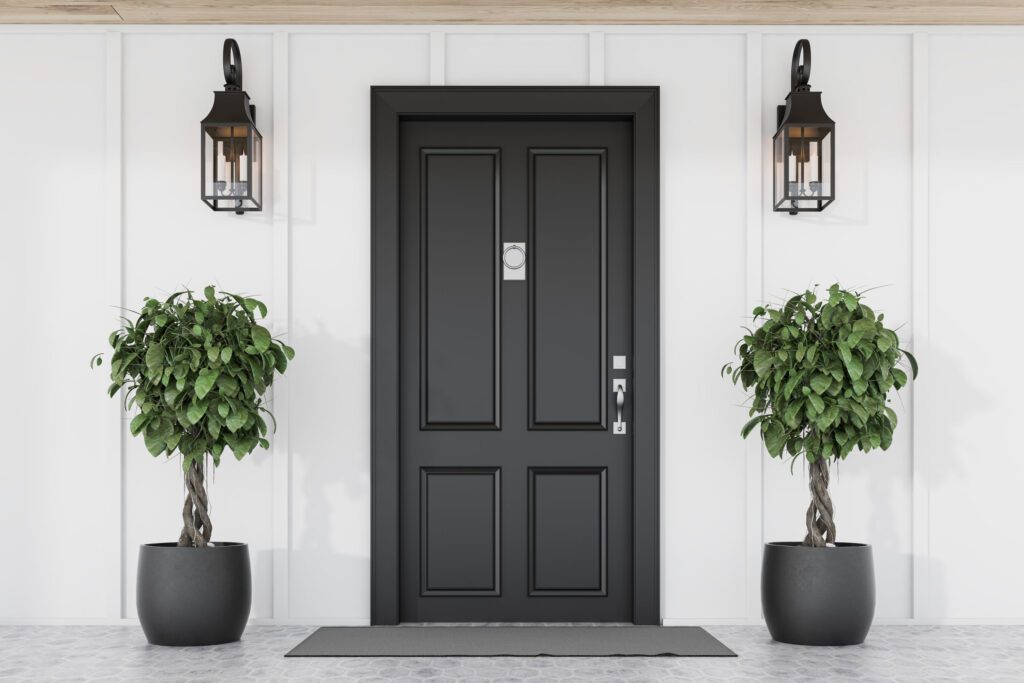How to Know If a Home Has Good Feng Shui
In our fast-paced modern lifestyles, people explore ways to create more mindfulness and wellness in their lives by improving their homes’ feng shui. So, if you’re looking for a new place or want to evaluate your current abode, here are some guidelines in identifying a home with good feng shui. Check out more enhancers, remedies, cures and tools in our store!
01. The Home’s Curb Appeal

The appearance of the house upon approach is pretty important. If the curb appeal is lacking, so will the energy of the home.
How does the overall home look and feel to you? Your home should feel safe, friendly, and inviting. You should feel like it’s the right place for you.
Evaluate how maintained the home’s exterior is. Ideally, the exterior, including greenery and driveway, are properly cared for. The paint, roof, and other parts of the building should be in good condition.
Was the home easy to find the first time you visited? If there were challenges or tough to locate, this might not be ideal for your primary residence. If you have trouble finding the home, so will any positive energy possibly heading your way.
02. The Neighborhood

The energy and well being of the neighbourhood and community affect the feng shui of your home. Take some time to walk around and explore the areas around the home.
Do the neighbours appear to care for and keep their homes in good condition? If your neighbours keep their homes in disrepair, it can similarly affect the qi (life force energy) of your home and, therefore, your prosperity.
Similarly, consider if the trees (and nature) in the community are in good health. If the greenery is unhealthy, this will affect the wellness of the neighbourhood and the surrounding homes.
Avoid homes adjacent to dilapidated buildings, empty lots, and cemeteries, as they are usually full of life-less yin energy. A home is a space for the living, so it is best to stay clear of homes beside these types of spaces. Instead, surround your family with life rather than death.
03. The History of the House

Everything that happens in a space creates energetic vibrations that get recorded in the walls. And it’s not just the walls, but also the land.
If possible, research the history of the home, and see if there are patterns of adverse life events. Some examples include untimely deaths, divorces, or health issues. It’s also helpful to look at the history of the property (land) if you can. The patterns of the home after time may again emerge into your life if you live there.
04. ‘T’ Intersections

A T-intersection is where two streets meet in a “T” shape. In feng shui, it’s inauspicious for your home to be located at the top of the “T.”
Basically, your home is sitting on a street with another street dead-ending into you, which sends a lot of energy directly at you. It’s sort of like pointing a sword or an arrow right at your face. If possible, avoid living in a home located at a T-intersection.
05. The Flow to the Front Door

One of the most important things to evaluate a home is how the qi can flow to the front door. The front door is called the “mouth of qi.” This is how life force energy can come into your life. We want homes with easy-to-find and marked front doors. If you (or your future guests) can’t find the front door, this indicates that positive energy and opportunities will also have difficulties finding their way to your life.
As you evaluate other parts of a potential home, consider the path from the street to the door—is it hard to find, are there any obstacles blocking the way, or are there trees or greenery blocking the view? Also, is the front door itself hidden on the side or back of the home? Are there two or more formal front doors? Consider if there is any confusion that arises for visitors when arriving at your home.
06. The Commanding Position

As far as the interior of the home is concerned, most things are workable. But the commanding position is one of the most important principles in feng shui. When you are in a commanding position, it means that you have more ease and relaxation in your life. You can also see and invite more positive qi into your home. This is most relevant to the placement of the beds, desk, and stove.
To be in the commanding position, you want to be able to see the door to space while lying in bed, sitting at your desk, or cooking at your stove. However, you don’t want to be directly in line with the door. This usually means that you would place your bed, desk, or stove diagonal from the door. Of the three, the bed is the most important. If possible, try to find a home designed so that the beds can easily be placed in the commanding position. This means that there’s a solid wall (without windows) that you can set the headboard of the bed against that is diagonal from the door to the room.
07. Good Qi

Finally, follow your intuition. Most people know right away if a home is right for them or not. Even if we’re in a home with challenging feng shui, it may be a good learning experience for you. We often are attracted to families because they can potentially teach us something or help us tackle an issue before we’re even aware of it.
